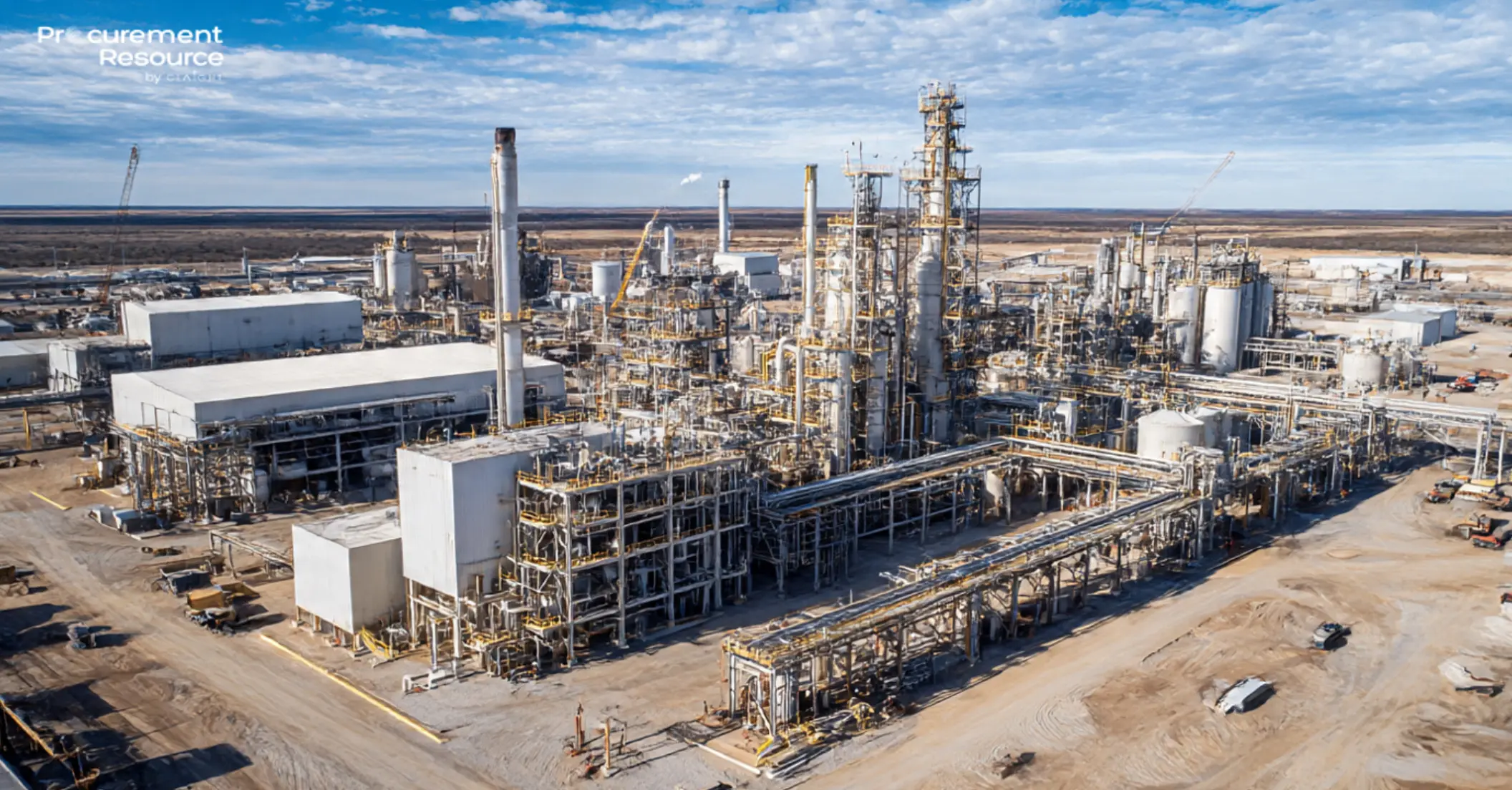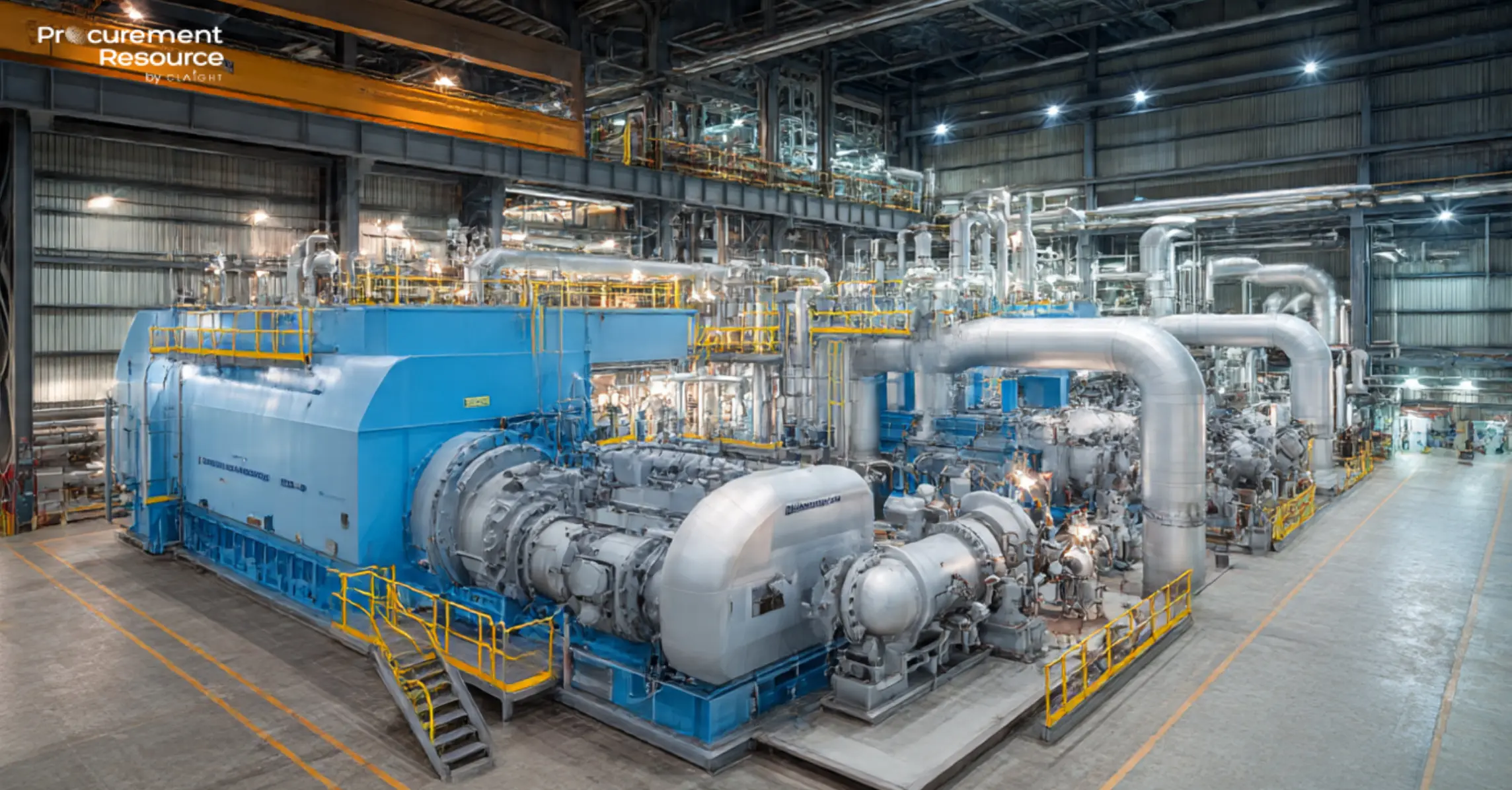INEOS urges prompt actions to scrape-off the high European carbon taxes
.png)
- INEOS's German BDO plant, essential for pharmaceuticals, is threatened by unfairly priced imports from China.
- This puts over 200 skilled jobs and Europe's secure supply chain for critical products at risk.
- BDO is vital for medicines, but European production is being displaced by Chinese imports with a high carbon footprint.
- Despite operating a low-carbon plant, INEOS faces high EU carbon taxes and demands urgent government action to block unfair imports.
- The CEO warns Europe's high costs and bureaucracy hinder competition, requiring immediate trade barriers.
- Failure to defend the entire supply chain could destroy Europe's ability to produce its own medicines, endangering healthcare.
INEOS has announced that the future of its BDO production facility in Marl, Germany, was under serious threat. The company stated that its operation, which it described as vital for manufacturing essential pharmaceuticals, was being forced to compete against a flood of foreign imports and product dumping originating from China.
It was reported that more than 200 skilled manufacturing jobs were hanging in the balance. The company warned that Europe's ability to secure reliable supply chains for essential strategic products, which underpin its standard of living, was also at risk.
The chemical intermediate BDO (1,4-Butanediol) was explained to be critical for producing a range of medicines, including antibiotics, antiretrovirals, statins, and Vitamin B6. According to the announcement, European production was collapsing as the market was now dominated by imports from Xinjiang in China. These imports were said to be produced using coal-based energy, shipped globally, and then dumped in Europe at extremely low prices, all while carrying an enormous carbon footprint even before arrival.
Read More About 1,4-Butanediol Production Cost Reports - Request Free Sample Copy in PDF
INEOS highlighted that it operated one of the world's cleanest and lowest-carbon BDO plants, yet it had to contend with exceptionally high European carbon taxes, a financial burden it claimed no other global producer faced. The company insisted that without urgent government and EU Commission intervention to block these unfair imports, the site and its 200 jobs had no future. It further cautioned that once this manufacturing capacity was lost, Europe would become reliant on unreliable foreign supply chains of unknown quality for critical pharmaceutical products, potentially leading to life-saving medicines becoming unavailable.
Andrew Brown, the CEO of INEOS Enterprises, was quoted saying that urgent action was necessary. He argued that while China and the US defend and subsidise their industries, Europe was burying its own with high energy costs, carbon taxes, and suffocating bureaucracy. He emphasised that Europe could not compete against state-backed imports without swift and strong trade barriers.
He concluded by stating that this was not an isolated issue concerning a single product, but that ambitious and immediate steps were necessary to defend the entire supply chain. He warned that a failure to act would destroy Europe’s ability to produce many of its own medicines, thereby putting basic healthcare at risk.

.webp)

